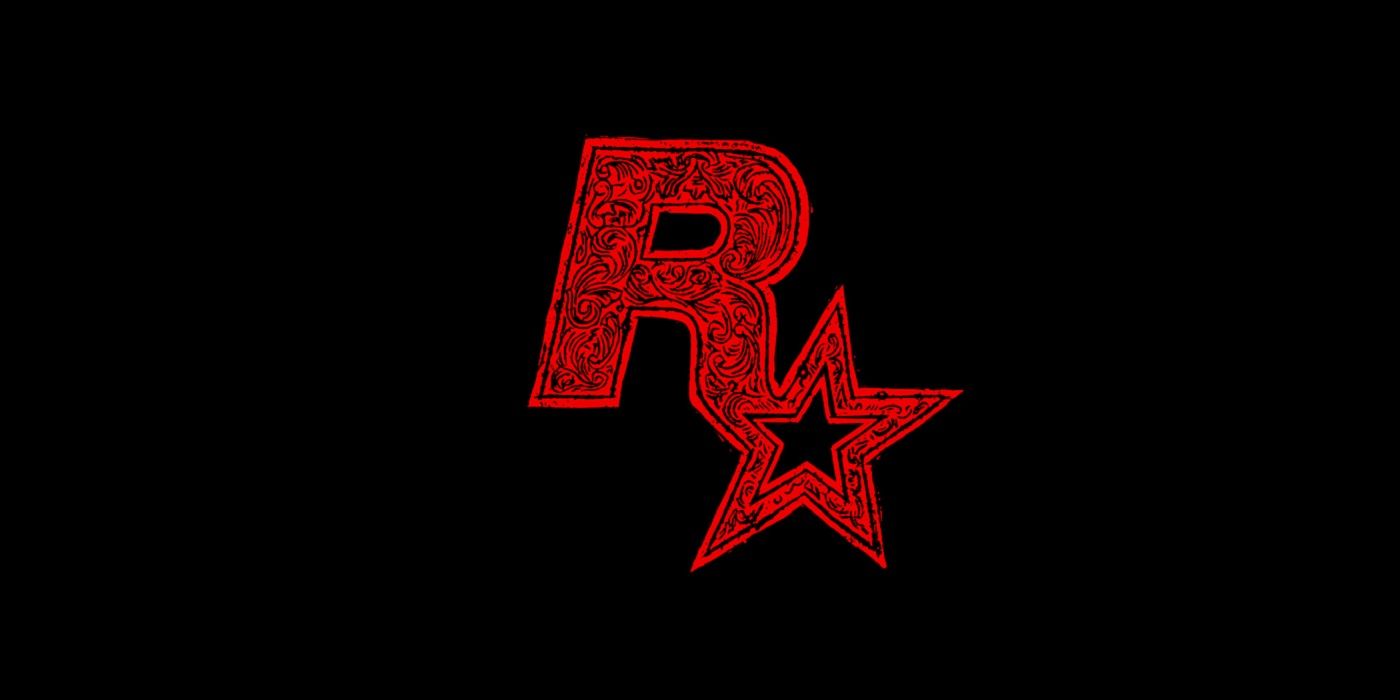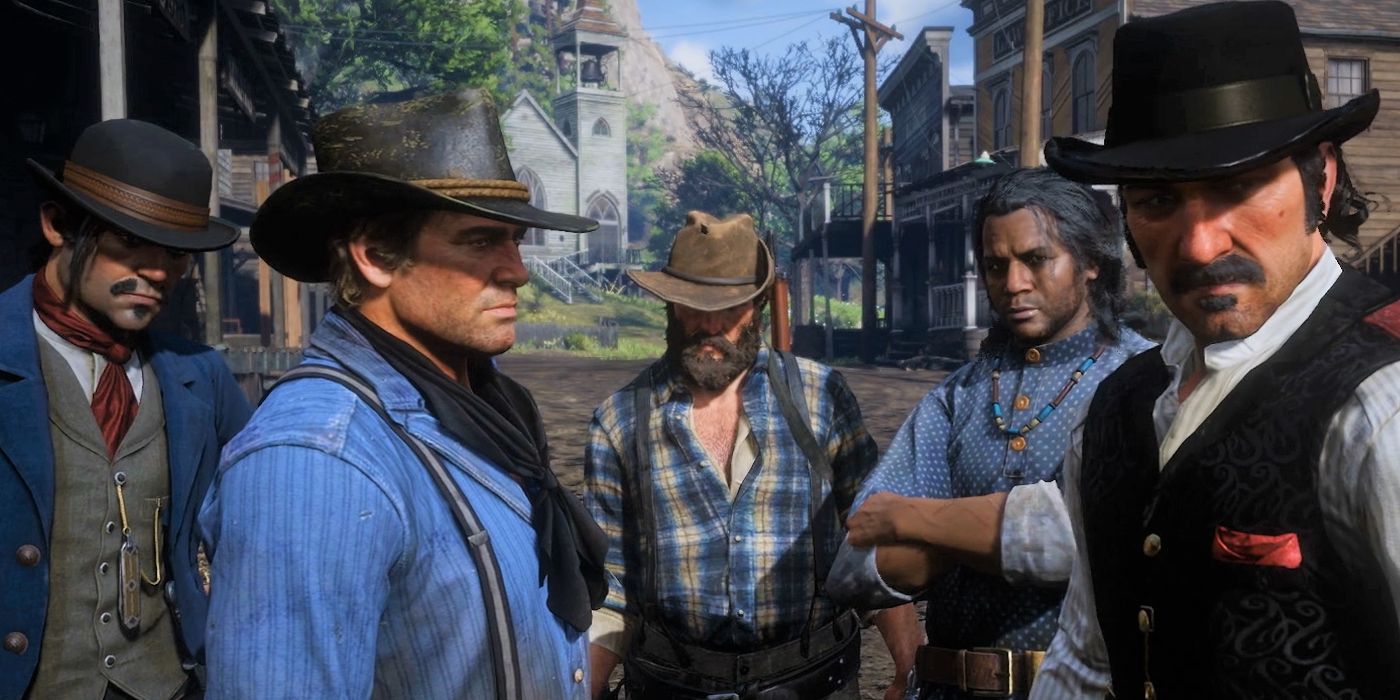Rockstar Games is making a big change to the way it employs people after coming under fire for its crunch development practices. The company's senior writing team revealed that it had pulled 100 hour work weeks while working on Red Dead Redemption 2, while former Rockstar staff revealed that crunch has been a part of the company's development process since if not before then.
One of the Rockstar Games teams that sources claimed to have one of the poorest working conditions is Rockstar Lincoln, which often does quality assurance on Rockstar's games. Three anonymous employees working at Rockstar Lincoln have revealed that Rockstar has now converted them from temporary workers or contractors to full-time positions. While it's not known how many people work at Rockstar Lincoln and so are affected by this change, it will give affected employees greater job security and less uncertainty about their finances.
The employees also say that Rockstar no longer forces them to put their phones in their lockers during work hours, something which made it difficult to coordinate medical appointments. The developer is also testing "flex-time" which will allow Rockstar Lincoln employees to change when they do their work hours.
Rockstar Games isn't the only company known to use development crunch to make its games or to have poor working conditions. Last week, Hideo Kojima revealed that he and the development team at Kojima Productions is in crunch mode to finish Death Stranding before its release date in November.
Konami, Kojima's former employer, was also criticized several years ago for its conditions. An article said that while at the company, Kojima Productions staff computers weren't connected to the Internet and employees weren't allowed to send emails outside of the company. There were also cameras used to track employee movements as well as naming and shaming for those who come back late from breaks.
Many game developers have called for the practice to end, saying that it causes burnout which makes employees less effective, lowers the quality of games and leaves skill gaps when burnt out developers leave the industry. Some companies have listened to these calls, with Nintendo delaying Animal Crossing: New Horizons to avoid crunch and Cyberpunk 2077 developer CD Projekt RED saying it would treat its developers with respect. These are small steps in an industry that employs thousands of people but they are steps that many are happy to see being taken.
Source: Kotaku


